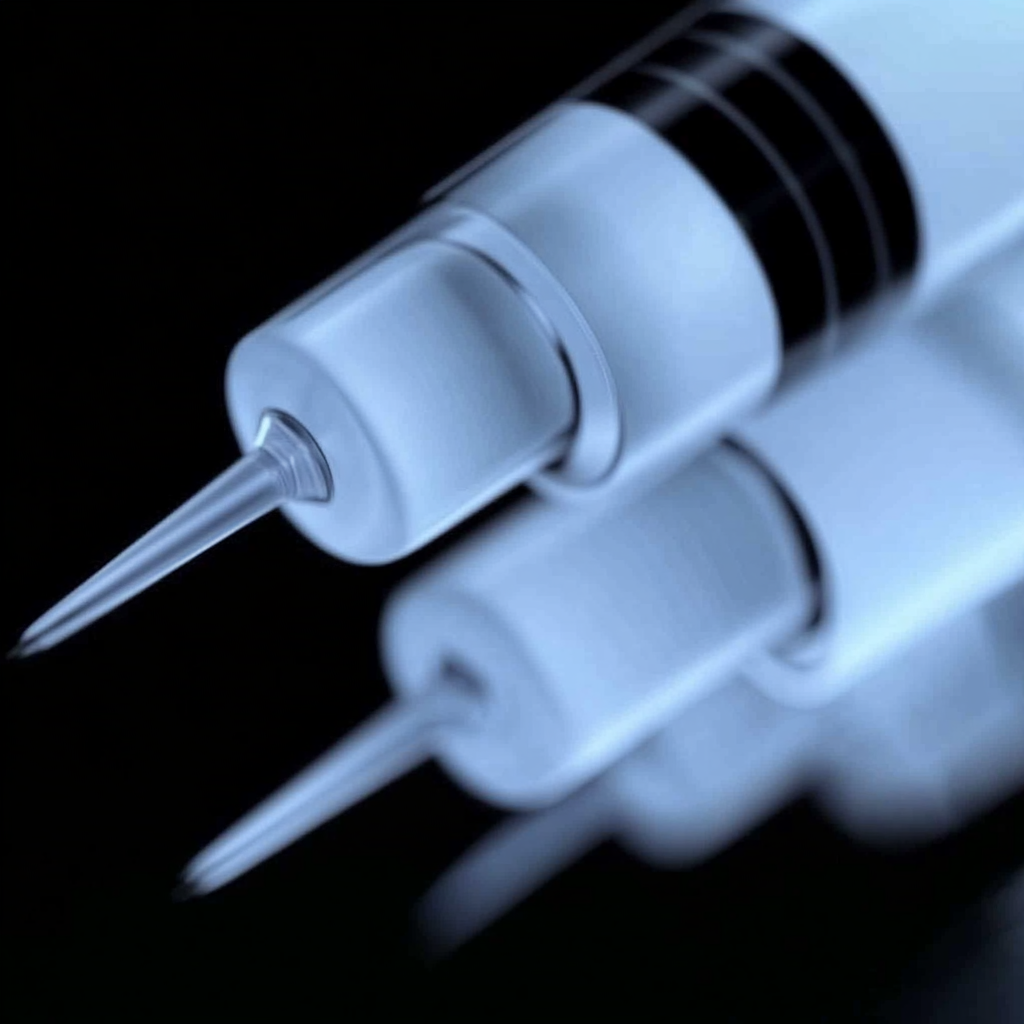BMC Cardiovasc Disord. 2025 May 6;25(1):350. doi: 10.1186/s12872-025-04795-5.
ABSTRACT
BACKGROUND: Essential hypertension (EH) was the result of the combined action of environmental and genetic factors, and its risk factors were numerous, psychological factors were thought to contribute to the development of EH.
METHODS: We randomized 600 outpatients and inpatients during the year from January 2018 to December 2021 in the Ningbo Medical Treatment Center Li Huili Hospital. Basic information including blood pressure, blood lipids, AngII, aldosterone and Homocysteine was recorded, and the Chinese Perceived Stress Scale (CPSS) questionnaire was completed. We divided them into four groups: high psychological pressure hypertension group(HPPH), low psychological pressure hypertension group(LPPH), high psychological pressure control group (HPPC) and low psychological pressure control group (LPPC). Using SEM to explore the direct and indirect effects of psychological pressure on blood pressure and biochemical indicators.
RESULT: SBP, DBP, TC, TG, LDL-C, Ang II, ALD and Hcy of HPPH were significantly higher than those of LPPH, HPPC and LPPC (p < 0.05). SBP, DBP, TC, TG, LDL-C, Ang II, ALD and Hcy of LPPH were significantly higher than those of HPPC and LPPC. SBP, DBP, TC, TG, LDL-C, Ang II, ALD and Hcy of HPPC were significantly higher than those of LPPC. HDL-C were lowest in HPPH group. Psychological pressure had significantly effect on blood pressure, lipids, AngII, ALD and Hcy(P < 0.05), and it had positive relationship with SBP, DBP, TC, TG, HDL-C, Ang II, ALD, Hcy (P < 0.05), and had negative relationship with HDL-C. AngII and ALD had significantly effects on blood pressure, lipids (P < 0.05), and it had positive relationship with SBP, DBP, TC, TG, ALD(P < 0.05), and had negative relationship with HDL-C(P < 0.05). Blood pressure had significantly effects on Lipids and Hcy (P < 0.05), it had positive relationship with TC, TG, LDL-C (P < 0.05), and had negative relationship with HDL-C(P < 0.05).
CONCLUSION: The research demonstrated that psychological pressure plays an important role in the pathophysiological process of essential hypertension and may serve as a potential target for comprehensive hypertension management.
CLINICAL TRIAL NUMBER: Not applicable.
PMID:40325421 | DOI:10.1186/s12872-025-04795-5
